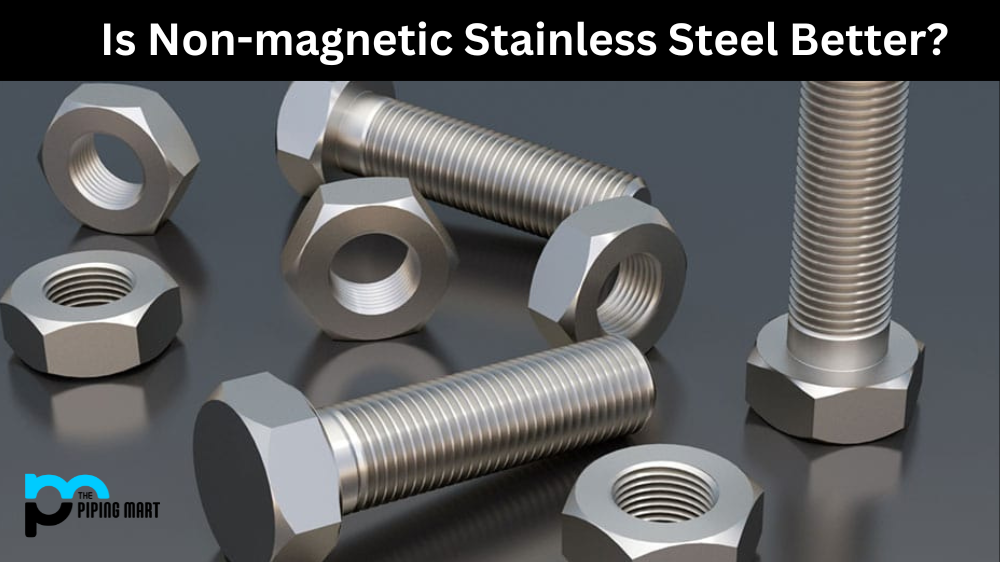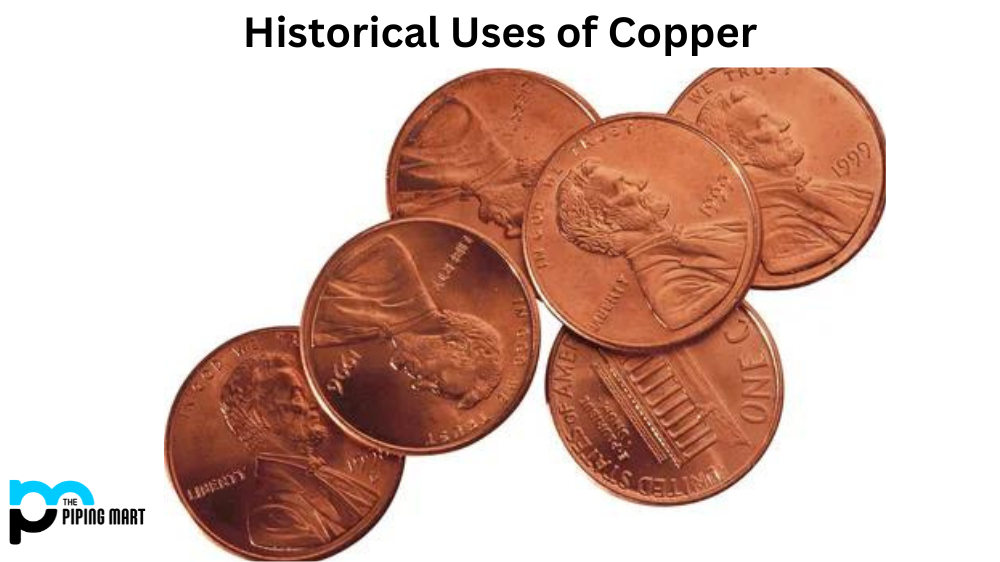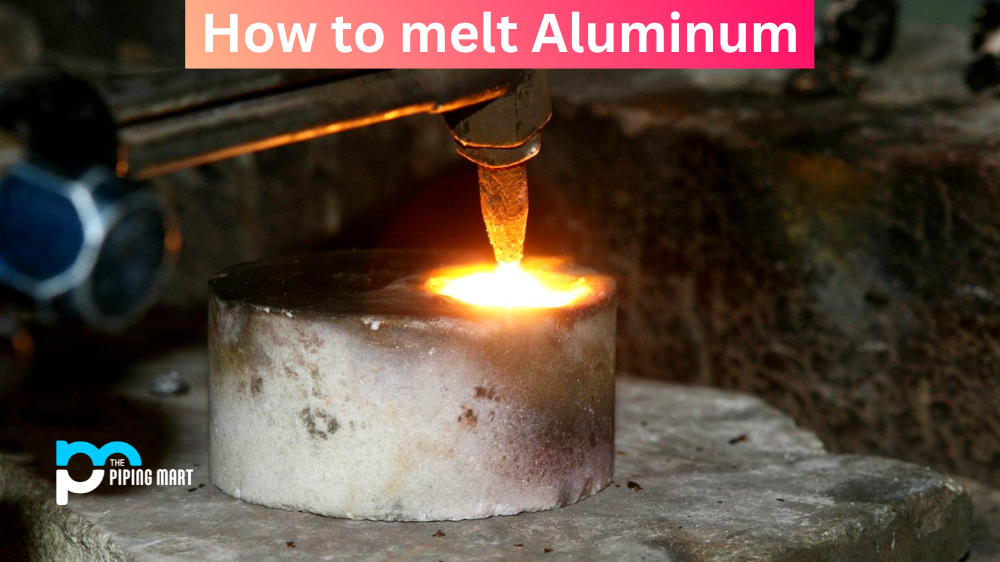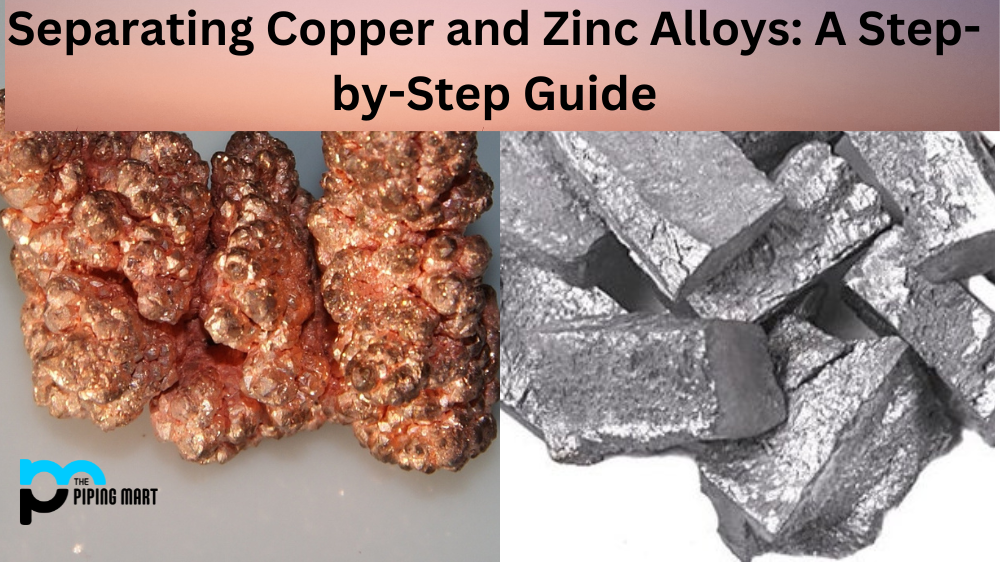Have you ever heard of non-magnetic stainless steel? It’s a steel alloy with very different properties than other kinds of steel. Non-magnetic stainless steel is becoming increasingly popular for its unique characteristics and the many benefits it provides. In this blog post, we’ll explore why non-magnetic stainless steel is superior to other types of steel and explain how it can be used in various applications.
What Is Non-Magnetic Stainless Steel?
Non-magnetic stainless steel is a type of stainless steel alloy that contains elements such as nickel, molybdenum, and nitrogen instead of iron or chromium. This makes the alloy non-ferrous and, therefore, not magnetic. Non-magnetic stainless steels are also known as austenitic steels because they contain austenite, making them more resistant to corrosion than other types of stainless steel alloys.
Benefits Of Non-Magnetic Stainless Steel
Non-magnetic stainless steels offer a number of advantages over traditional ferrous materials, such as higher tensile strength, more excellent resistance to corrosion, and improved weldability. Furthermore, these materials are lighter than ferrous materials, making them easier to lift and transport. Additionally, with their superior rust resistance properties, non-magnetic stainless steels can be used in environments with common moisture or water exposure. As a result, these materials are perfect for use in industries such as food processing or medical equipment manufacturing, where hygiene is essential.
Uses
Non-magnetic stainless steels are suitable for various applications, including medical implants, surgical instruments, kitchenware items such as cutlery and cookware, structural components such as bridges and buildings, aircraft parts and even jewellery making due to their anti-corrosive properties. As mentioned before, these alloys are also commonly used in food processing applications because they do not become corroded when exposed to moisture or water, unlike other metals, which could contaminate the food product being processed.
Conclusion:
In conclusion, non-magnetic stainless steels offer superior strength and corrosion resistance compared to ferrous materials, which make them an ideal choice for a variety of industrial applications, including medical instruments, kitchenware items like cutlery and cookware sets, structural components like bridges and buildings, aircraft parts and even jewellery making due to their anti-corrosive properties. They also have excellent weldability, which makes them easy to fabricate into complex shapes if necessary. With all these benefits combined with their light weight nature, it’s no wonder why non-magnetic steels are becoming increasingly popular in industrial settings today!

Abhishek is a seasoned blogger and industry expert, sharing his insights and knowledge on various topics. With his research, Abhishek offers valuable insights and tips for professionals and enthusiasts. Follow him for expert advice on the latest trends and developments in the metal industry.




